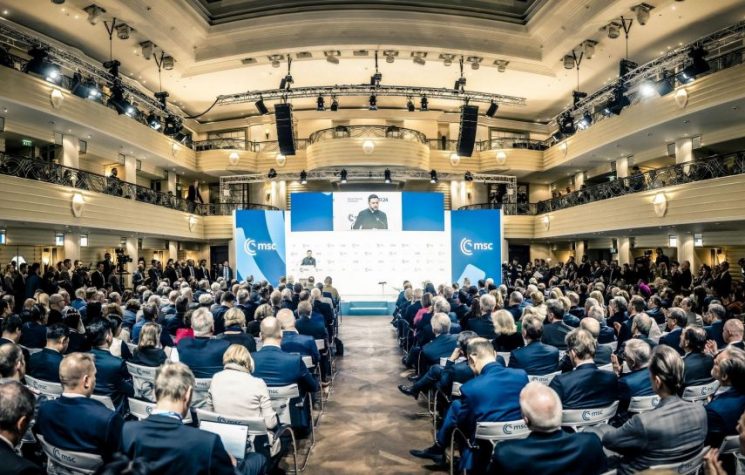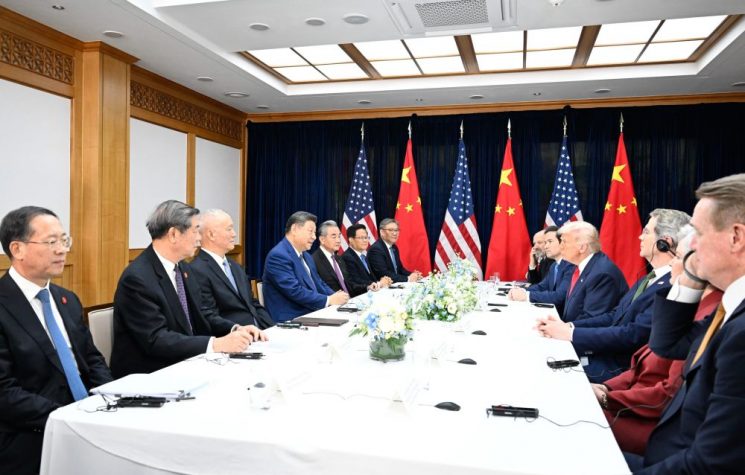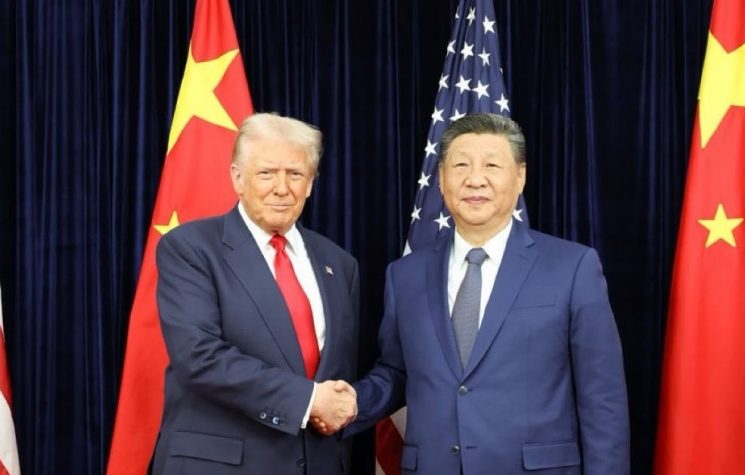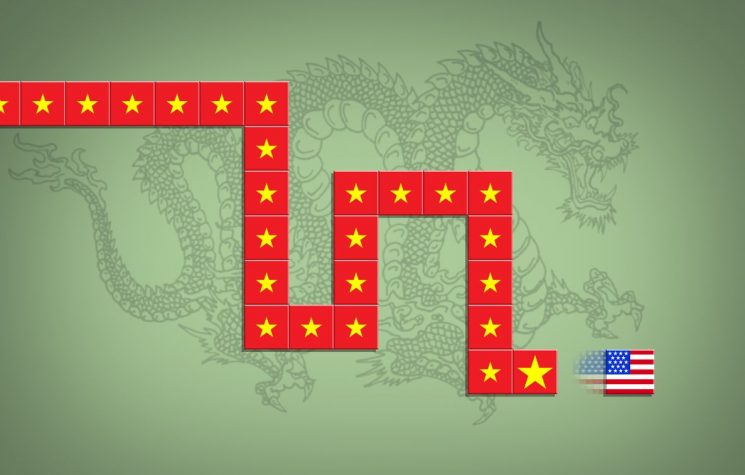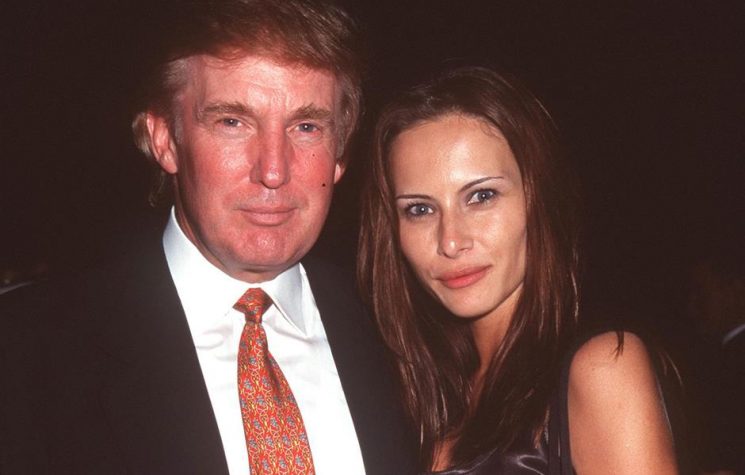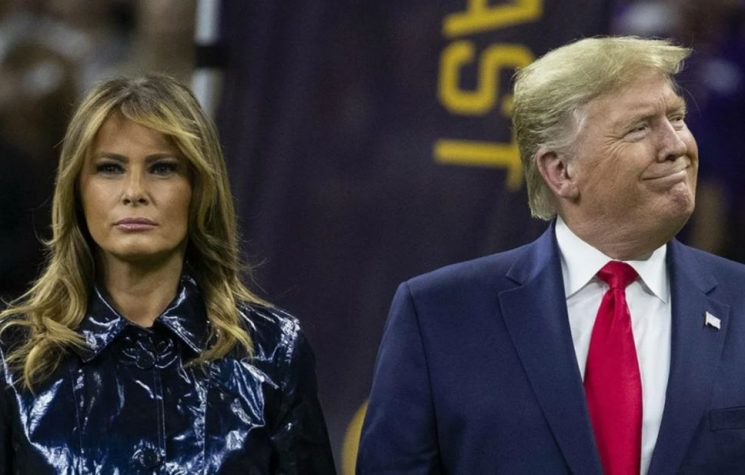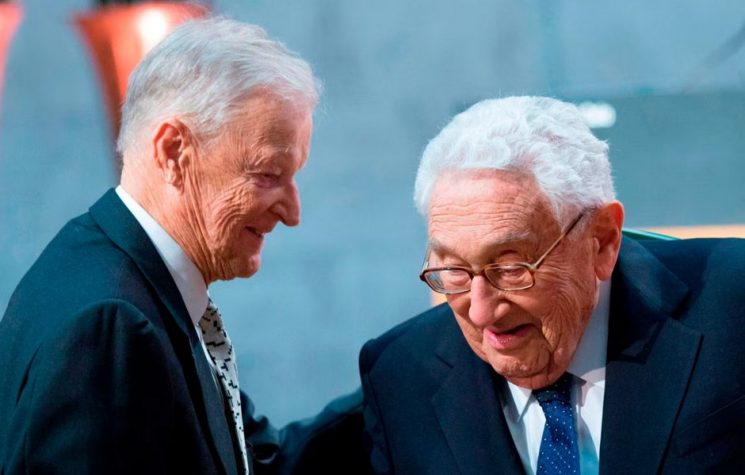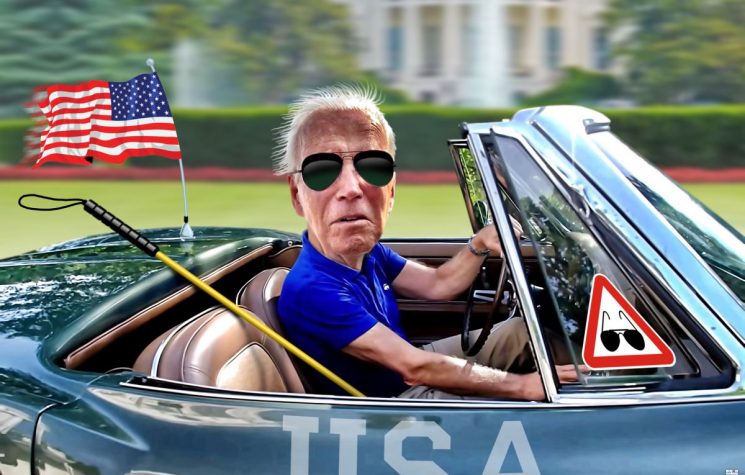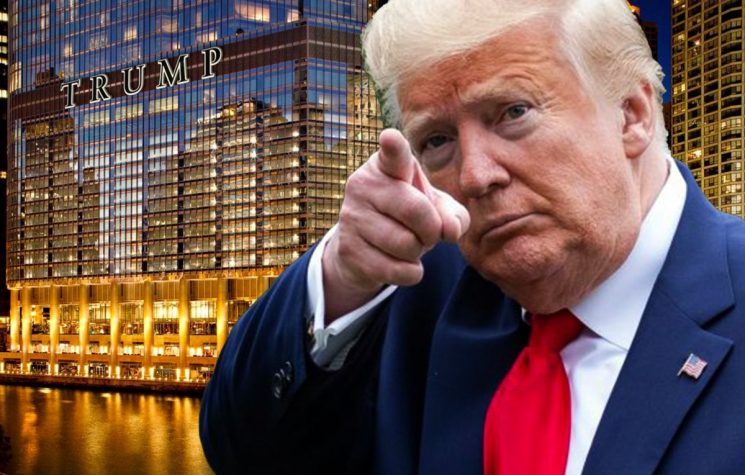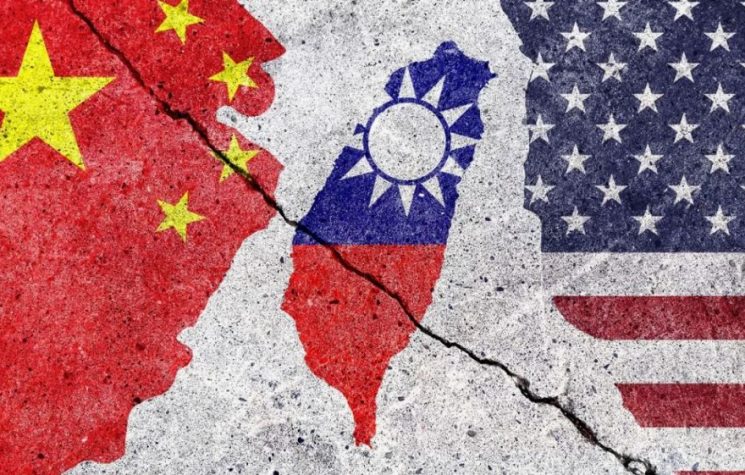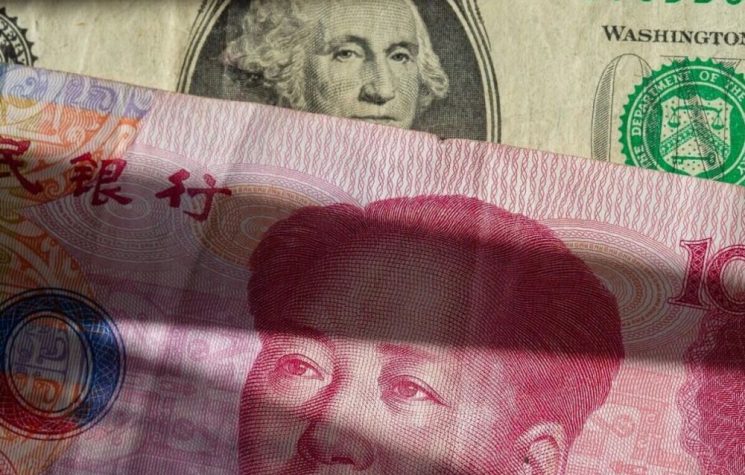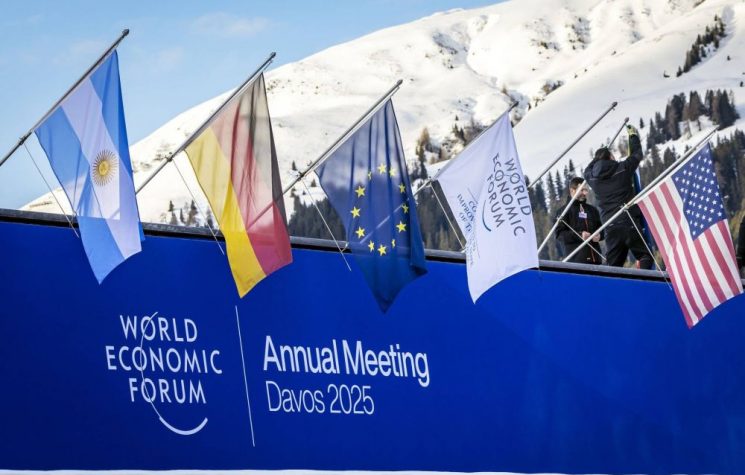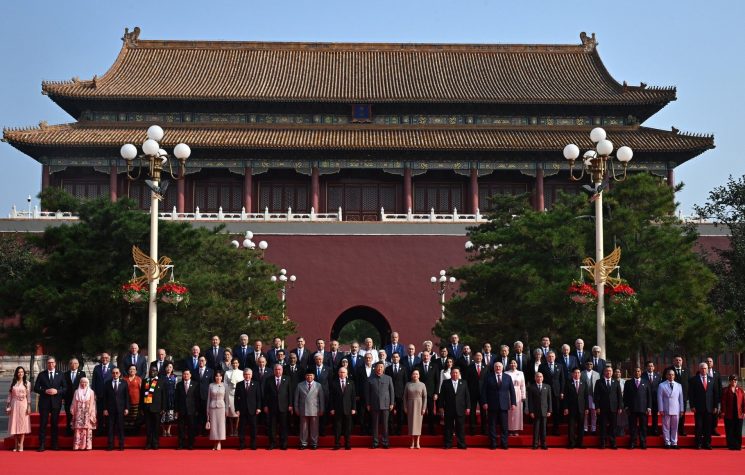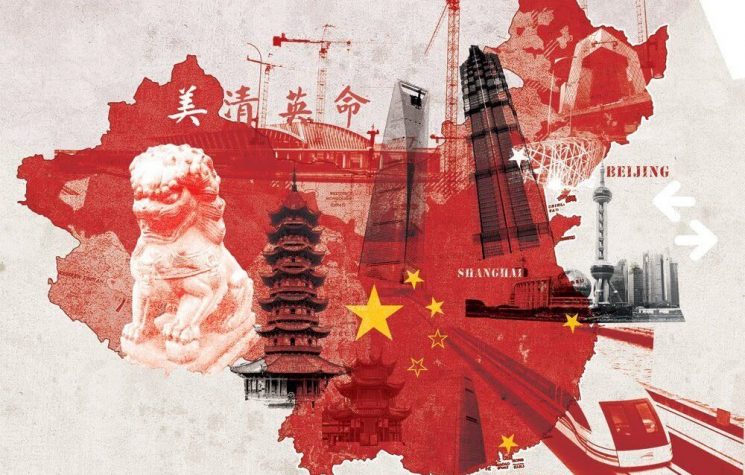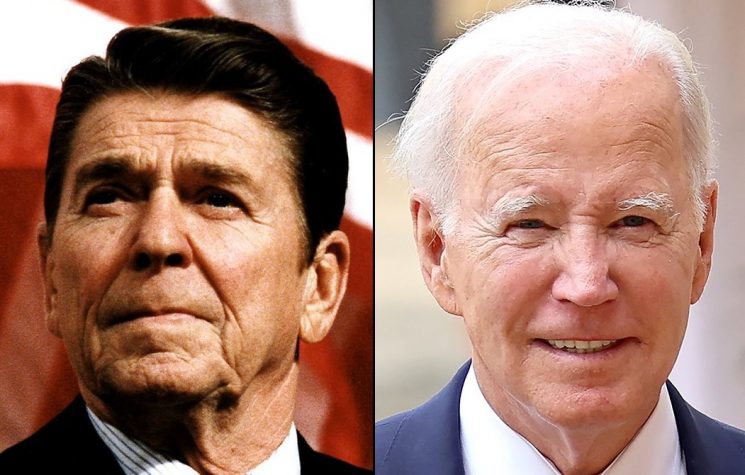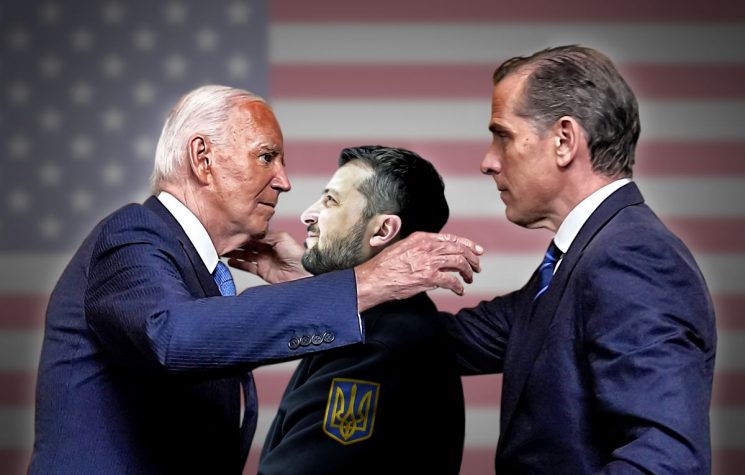Well, according to the Trump campaign, Democrat rival Joe Biden is the candidate whom Chinese leaders are rooting for to win the presidential election in November. “Beijing Biden” or “Sleepy Joe” would be a gift to China, so it goes.
In turn, trying to out-hawk the Republican incumbent, the Biden campaign paints Trump as being “soft” on China and having been “played” by Chinese counterparts over trade, the corona pandemic and allegations about human rights.
Biden, the former vice president in the previous Obama administrations, has vowed to impose more sanctions on China over allegations of rights violations. He claims to be the one who will “stand up” to Beijing if he is elected to the White House in three months’ time.
Last week, Biden declared he was “giving notice to the Kremlin and others [China]” that if elected to the presidency he would impose “substantial and lasting costs” on those who allegedly interfere in U.S. politics. That’s war talk based on worthless intel propaganda.
Trump meanwhile asserts that no-one is tougher than him when it comes to dealing with China (and Russia for that matter).
Given the Trump administration’s reckless policy of ramping up hostility towards China in recent months, that begs the question: how could a future Biden administration begin to be even more aggressive – short of going to war?
Relations between Washington and Beijing have plummeted to their worst levels since the historic detente initiated by President Richard Nixon in the early 1970s. The precipitous downward spiral has occurred under President Trump’s watch. So, how exactly could a prospective President Biden make the relationship more adversarial?
The truth is both Trump and Biden are equally vulnerable to domestic partisan criticism about their respective dealings with China. The belated high-handed approach that both are trying to project is pockmarked with risible hypocrisy.
The Trump campaign scores a valid point when it recalls how former Vice President Biden smooched and feted Chinese leaders with economic opportunities in the American economy.
Likewise, Trump stands accused of lavishing praise on Chinese President Xi Jinping while ignoring the impending coronavirus pandemic because Trump’s top priority was getting a trade deal with China.
The fact that both American politicians have U-turned with regard to China in such nasty terms must leave the authorities in Beijing with a deep sense of distrust in either of the would-be presidents.
Biden at one time waxed lyrical about his close relationship with Xi, but as his bid for the presidency heated up, Biden stuck the proverbial knife in the Chinese leader calling him a “thug”.
For his part, Trump previously referred to Xi as a “dear friend” while dining him with “beautiful chocolate cake” at his Mar-a-Lago resort in Florida, but his administration has since slammed the Chinese leader as “authoritarian”. Trump’s racist slurs over the pandemic being “Kung Flu” and “Chinese plague” must give President Xi pause for disgust with the falseness.
At the end of day, can either of these presidential candidates be trusted to pursue principled U.S.-China relations going forward? The toxic anti-China campaigning by both indicates a level of puerile treachery which foreshadows no possible return to any kind of normalcy.
One distinction perhaps between Trump and Biden is the latter is promising to repair relations with Western allies to form a united front against China. To that end, a hawkish confrontational policy under Biden may have more impact on U.S.-China relations than under Trump. Trump has managed to alienate European allies with his broadsides over trade tariffs and NATO spending commitments. Although Trump’s Secretary of State Mike Pompeo has recently urged “an alliance of democracies” to confront China, that rallying call is likely to fall on deaf ears with European allies irked by Trump’s brash style. Biden on the other hand could bring a more unified Western policy of hostility towards Beijing (and Moscow) by affecting a more appeasing attitude towards Europe. In that way, Biden would be more preferred by the Pentagon and foreign policy establishment than Trump, just as Hillary Clinton was in 2016.
However, it is doubtful that Beijing is paying too much attention to what either candidate is saying or posturing at. If both of them can flip so much from talking softly to shouting loud anti-China profanities then their individual characters may be deemed malleable and unscrupulous. Both have shown a shameless streak in stoking anti-China bashing for electioneering gain. Trump pulled that trick last time out in 2016 when he railed against China for “raping America” only for him to discover “deep friendship” with Xi following that election. Now he has reverted to hostility out of self-serving calculation to whip up anti-China sentiment among voters. And Biden is apt to do the very same.
Forget about such fickle personalities when it comes to reading U.S. policy towards China. Beijing will be looking at the longer trajectory of how U.S. policy turned towards a more militarized approach with the “Pivot to Asia” under the Obama-Biden administration in 2011. Indicating how Deep State continuity transcends Democrat or Republican occupants of the White House, the next major indicator was in the Pentagon planning documents of 2017 and 2018 under Trump which labelled China and Russia as “great power rivals”. The American “ship of state”, it may be concluded, is therefore set on a collision course with both Beijing and Moscow in terms of ramping up a confrontational agenda. Who sits in the White House scarcely matters.
For Trump and Biden to trade barbs about which one is “softer” on China or Russia is irrelevant in the bigger picture of U.S. imperialist ambitions for global dominance. The logic of a waning American empire and the concomitant inherent belligerence to compensate for the perceived loss of U.S. global power are the issues to follow, not whether Trump or Biden clinch the dog-and-pony race to the White House.










